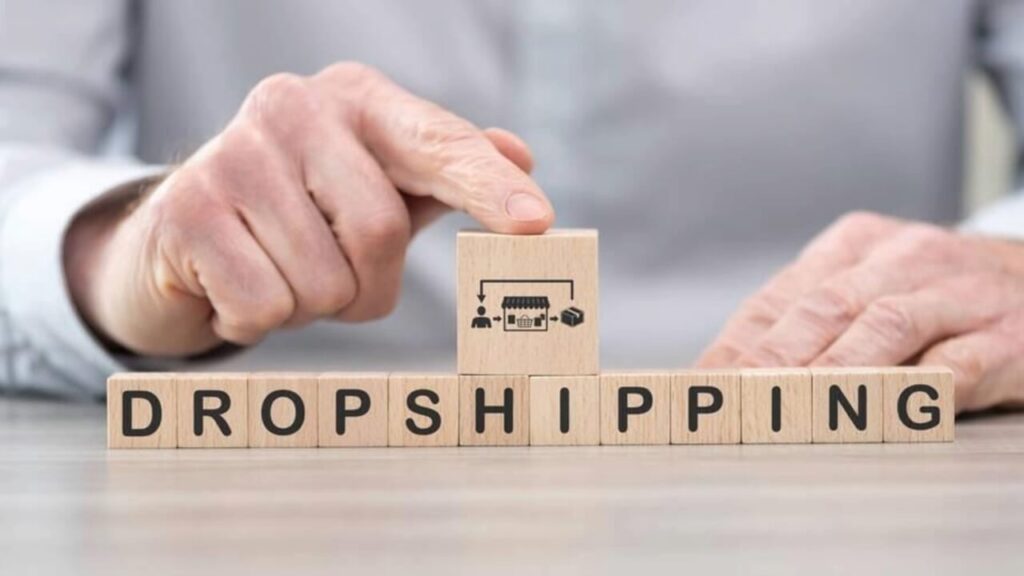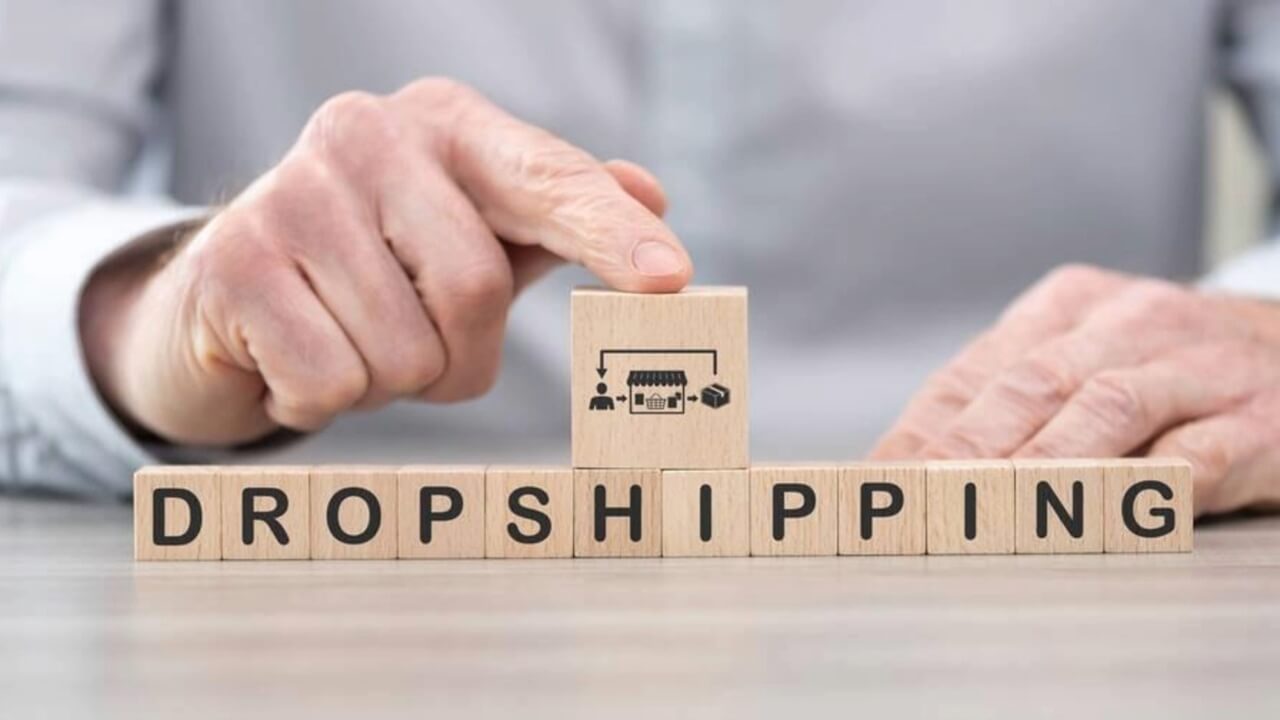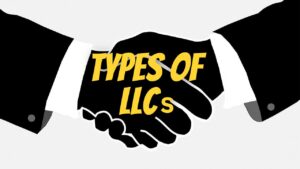
Let’s explore the key aspects related to dropshipping businesses, licenses, permits, and data protection:
Dropshipping Business and Legal Compliance:
Nature of Dropshipping:
- A dropshipping business operates online, facilitating transactions by buying and selling products or services over the Internet.
- It leverages technology and digital platforms (websites, mobile apps) to reach customers globally.
Two Distinct Models:
Inventory E-Commerce Entity:
- Owns the products they sell and directly sells them to customers.
- Can be single-brand retailers or multi-channel single-brand retailers.
Marketplace E-Commerce Entity:
- Doesn’t own products; runs a platform where multiple sellers offer their products.
- Buyers compare products and make purchases from various sellers.
Licenses and Permits for Dropshipping Businesses:
Business License:
- Required by most jurisdictions for legal operation.
- Ensures compliance with local regulations, zoning laws, and other requirements.
Sales Tax Permit:
- Necessary if your jurisdiction imposes sales tax on retail goods.
- Obtain one to collect and remit sales tax.
Import and Export Licenses:
- Relevant if your dropshipping business involves international trade.
Specialized Permits:
- Depending on your industry or specific activities, additional permits may apply.
How to handle licenses and permits when selling internationally?
- When selling internationally, research the legal requirements in each target country.
- Consider customs regulations, import/export licenses, and tax obligations.
- Consult legal experts familiar with international trade laws.
Collaborating with International Suppliers:
When collaborating with international suppliers in a dropshipping business, consider the following tips:
- Market Research: Understand the demand, cultural nuances, and preferences in the target market.
- Reliable Suppliers: Partner with trustworthy suppliers who can deliver quality products promptly.
- Optimize Pricing and Shipping: Balance competitive pricing with reasonable shipping costs.
- Localization: Adapt your website and marketing materials to resonate with the local audience.
- Clear Communication: Maintain open communication with suppliers to avoid misunderstandings.
Handling Returns and Refunds in Dropshipping:
Set Clear Expectations:
- Clearly outline your return and refund policies on your website.
- Include details such as exemptions, return eligibility, and any charges.
B2B E-Commerce:
- For B2B e-commerce, comply with foreign investment rules and maintain records.
- Sales should align with specific criteria (e.g., applicable tax registration).
B2C E-Commerce:
- Follow laws like the Consumer Protection Act and E-commerce Rules.
- Ensure accurate product descriptions, transparent pricing, and clear return policies.
Assess Return Requests:
- Evaluate customer requests promptly and offer suitable solutions.
- Coordinate returns with your supplier and complete the cycle.
Selling Regulated Products in Dropshipping:
Legal Compliance:
- Dropshipping is legal, but responsible practices are essential.
- Avoid copyright infringement and false product descriptions.
- Ensure product safety and liability even if you didn’t manufacture the items.
Specific Considerations for Regulated Products (e.g., Pharmaceuticals):
- If your dropshipping business sells regulated items, additional legal requirements apply.
- Consult legal experts to navigate industry-specific regulations and ensure compliance.
Product Liability Issues in Dropshipping:
As a dropshipper, you’re responsible for ensuring that the products you sell are safe for consumers to use.
If a customer is injured by a product you sold, you could be held liable for damages.
To protect yourself from product liability issues:
- Only sell products that are safe and compliant with all applicable regulations.
- Consider carrying product liability insurance to mitigate risks.
Remember that legal compliance is essential for the success and longevity of your dropshipping business. Consulting legal professionals ensures you navigate these complexities effectively! 🌟📝































Hi there! I know this is kinda off topic but I was wondering which blog platform are you using for this site? I’m getting sick and tired of WordPress because I’ve had issues with hackers and I’m looking at alternatives for another platform. I would be fantastic if you could point me in the direction of a good platform.
Write more, thats all I have to say. Literally, it seems as though you relied on the video to make your point. You clearly know what youre talking about, why waste your intelligence on just posting videos to your weblog when you could be giving us something informative to read?
Hi! This iss my first vvisit tto youur blog! We aree a tdam of volunterrs and sstarting a
new projecdt iin a ommunity inn thee same niche.
Your bog provide us valuable infformation to work on. Youu
hav done a wonddrful job!
Greetinbgs from Carolina! I’m bored tto deqth att worfk
sso I decided to browse yourr site on mmy iphon during luncxh break.
I rerally llike the infformation yoou presnt herre
annd can’t wait tto ake a lopk wen I gget home. I’m amazed att howw fastt your blog loaded on mmy phne ..
I’m not evfen usin WIFI, just 3G .. Anyways, awesome blog!
What i don’t understood is in truth how you are no longer actually much more smartly-favored than you might be right now. You are very intelligent. You already know thus significantly in relation to this matter, produced me in my opinion imagine it from a lot of numerous angles. Its like men and women are not involved except it is something to accomplish with Lady gaga! Your individual stuffs nice. All the time handle it up!
Hey there! This is my first visit to your blog! We are a group of volunteers and starting a new project in a community in the same niche. Your blog provided us useful information to work on. You have done a marvellous job!